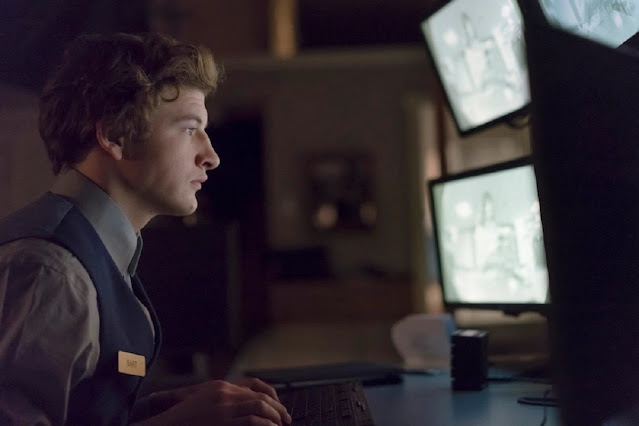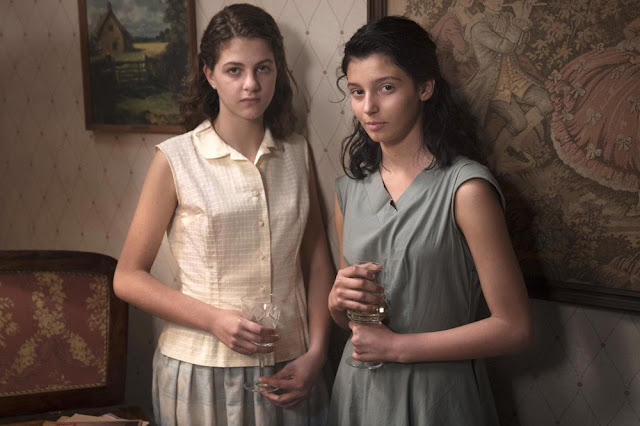Josep
(Español / English)
Reseña Español
En 1939, los refugiados españoles perseguidos por Franco , una vez que cruzaban los Pirineos eran recluidos por el gobierno francés en campos de concentración.
La película está estructurada como un flash back a partir del relato que un ya anciano Serge le hace a su nieto. El trazo del dibujo es sobrio y se corresponde con la sequedad de esta biopic atípica.
La atmósfera sombría de la película y su retrato de los horrores del campo por momentos son sobrecogedores. Certeros también son sus apuntes sobre el universo político de la época, con un franquismo triunfante y un espectro de refugiados del Frente Popular donde asoman las diferencias entre republicanos, comunistas y anarquistas, se reflexiona sobrelos límites de la obediencia, se sufre la devastadora fuerza de los prejuicios, emerge el valor de la piedad y de la solidaridad y sobresale el arte como salvación y testimonio.
Es en el campo donde se desarrolla la mayor parte de la
historia que de ningún modo agota la odisea que sufrió Bartoli, quien en un momento
expresara: “si esas grandes ideas [políticas] no encuentran a una buena persona
se convierten en muerte”
In 1939, the Spanish refugees persecuted by Franco, once they crossed the Pyrenees, were held by the French government in prison camps.
This tough animated film by Aurel narrates the meeting of
Serge, a French gendarme, with the Catalan cartoonist and painter Josep Bartoli
(in the voice of Sergi López) in a prison camp in Perpignan and the friendship
that developed between them.
The film is structured as a flash back based on the story
that an elderly Serge tells his grandson. The line of the drawing is sober and
corresponds to the dryness of this atypical biopic.
The film's bleak atmosphere and its portrayal of the horrors
of the prison camp are at times overwhelming. His notes on the political
universe of the time are also accurate, with a triumphant Franco regime and a
spectrum of refugees from the Popular Front where the differences between
republicans, communists and anarchists appear, reflect on the limits of
obedience, suffer the devastating force from prejudices, the value of piety and
solidarity emerges and art stands out as salvation and testimony.
It is in the concentration camp where most of the story
takes place, which in no way exhausts the odyssey suffered by Bartoli, who at
one point expresses: “if those great [political] ideas don't find a good
person, they turn into death. ”.




Comentarios
Publicar un comentario
Mensajes sujetos a moderación